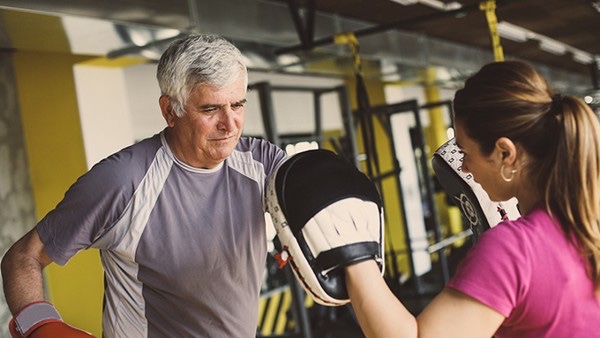Ever had one of those runs where you feel like you're gliding effortlessly, only to struggle the next day like you're breathing through a straw? Yeah, we've all been there. Turns out, your breath might be the sneaky culprit behind those wild swings in performance. Sure, sleep, stress, and what you ate for breakfast play a role, but nailing your breathing technique can seriously level up your stamina and mental game.
Why Your Breath Is Your Secret Weapon
Marci Braithwaite, a running coach who works with beginners and back-of-the-pack runners, says breath control is one of the trickiest skills to master—especially when you're new to the sport. "There’s so much to think about when you start running," she explains. "Pace, form, not tripping over your own feet… and breathing often gets lost in the shuffle." But here’s the thing: ignoring your breath is like trying to drive a car with the parking brake on. You might still move, but you’re working way harder than you need to.
Ashlee Green, another running coach, puts it bluntly: "Breathing isn’t just automatic when you run. It’s a skill, like nailing your stride or pacing." And just like any skill, it takes practice. The good news? Once you dial it in, your runs will feel smoother, and you might even start enjoying them more (crazy concept, right?).
How to Breathe Like a Pro (Without Overthinking It)
Amanda Katz, a running coach and personal trainer, says the biggest mistake new runners make is obsessing over the "perfect" breathing pattern. "If you can hold a conversation without gasping, you’re in a good zone," she says. Translation: don’t stress about counting every inhale and exhale right out of the gate. Braithwaite’s advice is even simpler: "Breathe in whatever way keeps you moving forward."
That said, there are a few techniques that can help you breathe more efficiently—so you’re not wheezing like you just ran a marathon when you’ve only gone half a mile.
Belly Breathing: The Game-Changer You’re Probably Missing
Here’s a fun fact: your lungs are massive—almost as big as your rib cage—but most of us only use the top third when we breathe. That’s like revving a Ferrari in first gear. Katz says chest breathing (aka shallow, upper-lung breathing) is a common issue, especially when people start running. "You end up holding your breath without realizing it, or taking these tiny, panicked sips of air," she explains. Not exactly a recipe for endurance.
Enter diaphragmatic breathing, aka belly breathing. Instead of puffing up your chest, you inhale deeply through your nose, letting your belly expand like a balloon, then exhale through your mouth, actively engaging your abs to push the air out. Research backs this up: belly breathing boosts oxygen intake, improves blood flow, and even helps with mental focus, according to the University of Michigan. Katz suggests practicing lying down first—place one hand on your stomach, one on your chest, and make sure only the belly hand moves. Once you’ve got it down, try it on the run. (Pro tip: If it feels awkward, check your posture. Slouching crushes your diaphragm’s real estate.)
Sync Your Breath to Your Stride
Once belly breathing feels natural, Green recommends syncing it to your steps—a trick that turns breathing into a rhythm game. "It keeps you mindful and helps with pacing," she says. Braithwaite teaches a 3:2 pattern (inhale for three steps, exhale for two) to distribute impact evenly between both feet. Katz prefers a 3:3 rhythm for easy runs. Science even found that many runners naturally fall into a 2:1 pattern. The key? Experiment. There’s no one-size-fits-all.
Nose vs. Mouth: The Great Debate
Cold-weather runners, listen up: breathing through your nose in winter helps humidify dry air before it hits your lungs (thanks, American Lung Association). Plus, your nose has built-in air filters (cilia) that trap gunk and germs. But let’s be real—when you’re pushing hard, mouth breathing is inevitable. And that’s okay. Katz says the airway you use matters less than how you breathe. "Focus on deep belly breaths first," she says. "The rest will follow."
Green’s take? Test both. Try nasal breathing on recovery runs, and let the mouth do its thing during speedwork. Your body will tell you what works.
The Real Reason Breathing Matters
At the end of the day, running is an endurance sport—and endurance lives and dies by oxygen. "When you’re not breathing efficiently, your body panics," Green explains. "Your heart rate spikes, your muscles scream, and fatigue sets in way faster." But when you find your rhythm? Magic. "It’s like your body finally gets the memo: Oh, we’ve got this."
So next time you hit the pavement, take a deep belly breath and remember: running isn’t about perfection. It’s about finding what keeps you moving—one breath at a time.
























